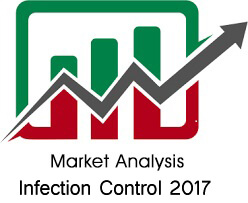
Stef Stienstra
Armed forces of the Netherlands, Netherlands
Title: Zoonotic diseases threat needs sharing of information and new diagnostic systems in less developed countries
Biography
Biography: Stef Stienstra
Abstract
Sharing public health threat information is a necessity for governments to prevent outbreaks of infectious diseases. Zoonotic diseases are the most dangerous for outbreaks running out of control, as the population does not have natural nor artificial (from vaccination) immune response to new emerging diseases. The recent Ebola virus disease outbreak in west Africa was such an example. New diagnostic methods, which can be performed in developing countries lacking critical infrastructure should be developed to have an early response on (potential) outbreaks. It must be high tech with high reliability, which can be used in rural areas without proper infrastructure. The mitigation of highly infectious and deadly disease pandemics should be recognized at the source. Sophisticated diagnostic equipment and good calibration, maintenance and interpretation of the results is essential. To identify pathogens at molecular level, new technologies are under development. In developing countries military and civilian actors cooperate fruitfully in fighting potential biological threats. In this civil-military cooperation it is not only the biosafety, which should be considered, but also the biosecurity, as misuse of extremely dangerous strains of microorganisms cannot be excluded. Several zoonotic infectious diseases, like anthrax, small pox and the haemorrhagic fevers like Ebola virus disease are listed as potential bioweapons. With this extra threat in mind, both biosafety and biosecurity should be implemented in all mobile or fixed clinical laboratories. An information/computer network with a cloud in which essential information can be traced, helps in early detection of outbreaks of ‘new’, mostly zoonotic, infectious diseases. The same technology helps in the forensic aspects in case of a bioterror attack.

